In the vast expanses of the remarkable Masai Mara, a hidden aerial predator soars gracefully through the boundless African skies. Majestic and awe-inspiring, the African Hawk-Eagle reigns supreme, commanding attention with its resplendent presence. With feathers painted in hues of slate gray merging into rich brown, this enigmatic bird possesses the power to instantly captivate any observer lucky enough to catch a glimpse. Amongst the heart-stirring wilderness of the Masai Mara, the African Hawk-Eagle stands as a testament to the untamed beauty and unrivaled diversity this iconic African ecosystem has to offer. Embark on an exhilarating journey into the depths of the Mara as we unravel the mysteries surrounding this magnificent creature and delve into its extraordinary existence. From its mastered hunting techniques to its undeniable ability to blend seamlessly into the savannah’s tapestry, prepare to be transported into the heart of the Masai Mara, where the African Hawk-Eagle reigns as an emblematic ruler of the skies.
Table of Contents
- The African Hawk-Eagle: A Majestic Predator of the Masai Mara National Park
- Exploring the Habitat and Behavior of the African Hawk-Eagle in Masai Mara
- Conservation Efforts in Masai Mara: Protecting the African Hawk-Eagle and its Habitat
- The Role of the African Hawk-Eagle in Maintaining the Balance of the Masai Mara Ecosystem
- Tips for Spotting and Photographing the African Hawk-Eagle in Masai Mara
- Preserving the African Hawk-Eagle’s Future: Sustainable Tourism in Masai Mara
- Q&A
- Future Outlook
The African Hawk-Eagle: A Majestic Predator of the Masai Mara National Park
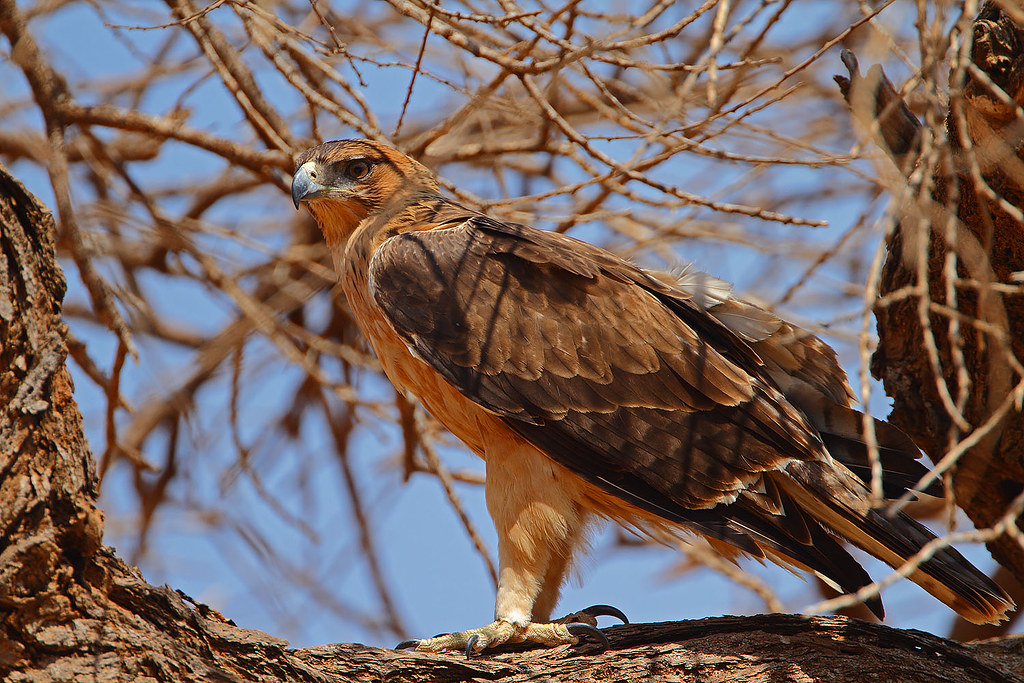
The Masai Mara National Park in Kenya is home to an array of magnificent predators, but one stands out among the rest – the African Hawk-Eagle. With its regal presence and impressive hunting skills, this majestic bird of prey is truly a sight to behold.
Distinguished by its size and striking appearance, the African Hawk-Eagle has a wingspan of up to 180 centimeters and features beautiful dark brown feathers with a shimmering black and white crest on its head. Its keen eyesight and sharp talons make it a formidable hunter, preying on smaller mammals and birds found abundantly within the park.
When soaring high above the vast savannah of the Masai Mara, the African Hawk-Eagle showcases its impressive aerial prowess. It effortlessly scans the landscape, scouting for potential prey and surveying its territory with unwavering focus. Once it spots a target, the eagle swoops down with remarkable speed and accuracy, using its powerful talons to snatch its prey before it even has a chance to react.
The African Hawk-Eagle’s adaptability and stealthy nature allow it to thrive within the varied ecosystems of the Masai Mara National Park. From open grasslands to dense woodlands, this iconic predator expertly navigates its surroundings, always ready for a successful hunt. Its hunting techniques vary based on the available prey and the terrain, making it a versatile predator capable of thriving in different environments.
Observing the African Hawk-Eagle in its natural habitat is a breathtaking experience for visitors of the Masai Mara National Park. Watching it soar gracefully above the vast plains, silhouetted against the brilliant African sky, evokes a sense of wonder and reverence for one of Africa’s most majestic predators.
So, if you ever find yourself in the Masai Mara, keep your eyes peeled for the African Hawk-Eagle. This incredible bird will undoubtedly leave a lasting impression, reminding us of the untamed beauty and raw power that define this remarkable national park.
Exploring the Habitat and Behavior of the African Hawk-Eagle in Masai Mara
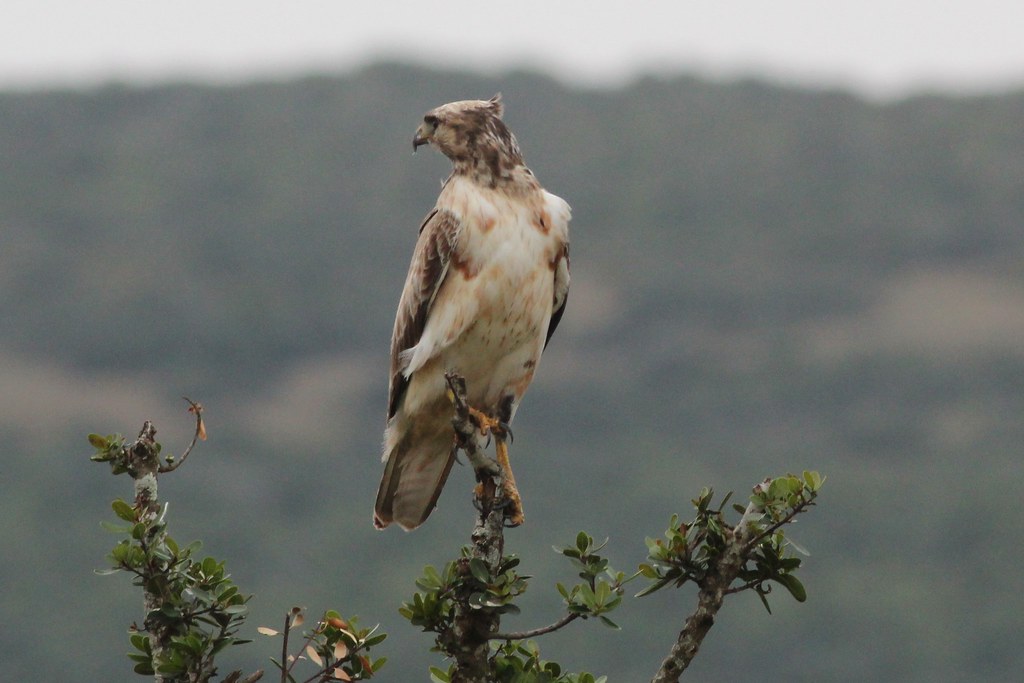
The Masai Mara National Park is a haven for wildlife enthusiasts, and one particular species that captures the attention of many is the African Hawk-Eagle. This magnificent bird, known for its impressive hunting skills and striking appearance, roams the vast plains of the park, making it a perfect destination for anyone wishing to observe and appreciate its habitat and behavior.
The African Hawk-Eagle is predominantly found in the Acacia woodlands of Masai Mara National Park. These woodlands provide the bird with the ideal perching spots from which it can scan the surroundings for its prey. With its sharp eyesight and powerful talons, the African Hawk-Eagle primarily feeds on small mammals, such as rodents and hares, as well as a variety of birds. Their hunting strategy involves soaring high above the grasslands, patiently waiting for the perfect moment to swoop down and grasp their unsuspecting prey in mid-flight. Witnessing this breathtaking display of agility and precision is a highlight for any visitor lucky enough to witness it firsthand.
- The African Hawk-Eagle has a wingspan of up to 150 centimeters.
- Its striking appearance includes a bold black and white plumage, with piercing yellow eyes.
- They are highly territorial birds and will fiercely defend their hunting grounds from intruders.
- During courtship, the male African Hawk-Eagle performs a remarkable aerial display, showcasing its agility and strength.
National Park is an unforgettable experience. From observing its impressive hunting skills to marveling at its majestic appearance, encountering this captivating bird is a true testament to the beauty of nature and the wildlife that inhabits the breathtaking African landscapes.
Conservation Efforts in Masai Mara: Protecting the African Hawk-Eagle and its Habitat
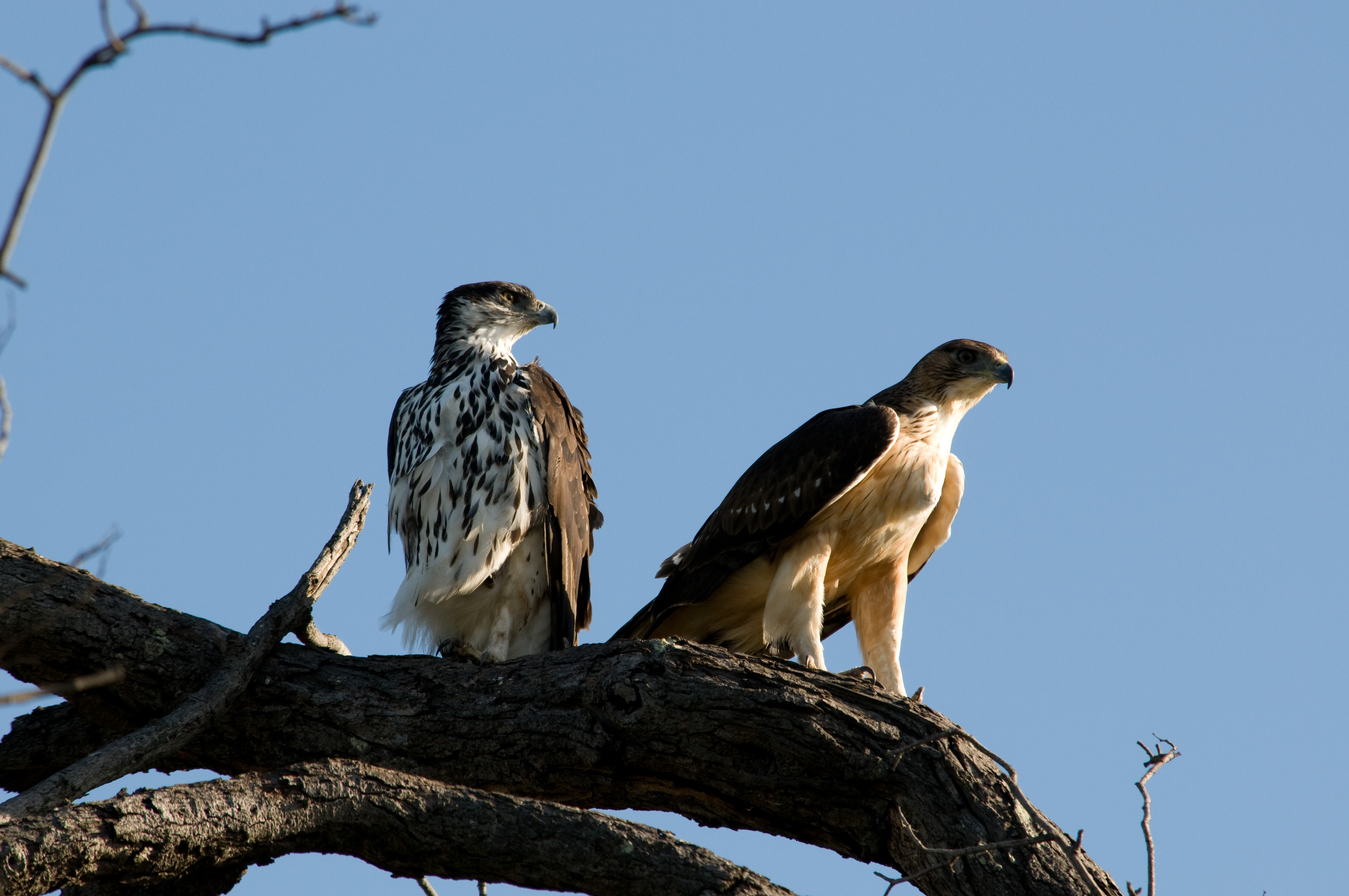
African Hawk-Eagle
Deep within the breathtaking expanse of the Masai Mara National Park, a majestic raptor soars through the open skies, capturing the hearts of nature lovers worldwide – the African Hawk-Eagle. This magnificent bird of prey is not only an iconic resident of the Masai Mara, but it also plays a crucial role in maintaining the delicate balance of its ecosystem.
Conservation efforts in Masai Mara are dedicated to protecting the African Hawk-Eagle and its natural habitat. The unique beauty and ecological importance of this regal predator have motivated local communities, wildlife organizations, and government authorities to join forces in safeguarding its existence. Here are some key initiatives in place to ensure the preservation of the African Hawk-Eagle:
- Habitat Protection: Collaborative efforts focus on identifying and preserving the suitable habitats of the African Hawk-Eagle. By safeguarding these areas from encroachment and habitat degradation, the bird’s nesting and foraging sites can thrive, ensuring its continued survival.
- Anti-Poaching Measures: Masai Mara National Park employs strict anti-poaching practices to combat illegal hunting and trapping, which pose significant threats to the African Hawk-Eagle population. Regular patrols and wildlife monitoring help deter poachers and protect the bird from harm.
- Education and Awareness: Raising public awareness is paramount in ensuring the long-term conservation of the African Hawk-Eagle. Conservation organizations collaborate with local communities, schools, and visitors, providing educational programs that highlight the importance of preserving this majestic raptor and its habitat.
The African Hawk-Eagle’s survival and the protection of its habitat are vital for the overall ecological integrity of the Masai Mara. By nurturing the balance between wildlife conservation and human activities, we can secure a future where this awe-inspiring raptor continues to grace the skies, enriching the natural wonder of this remarkable national park.
The Role of the African Hawk-Eagle in Maintaining the Balance of the Masai Mara Ecosystem
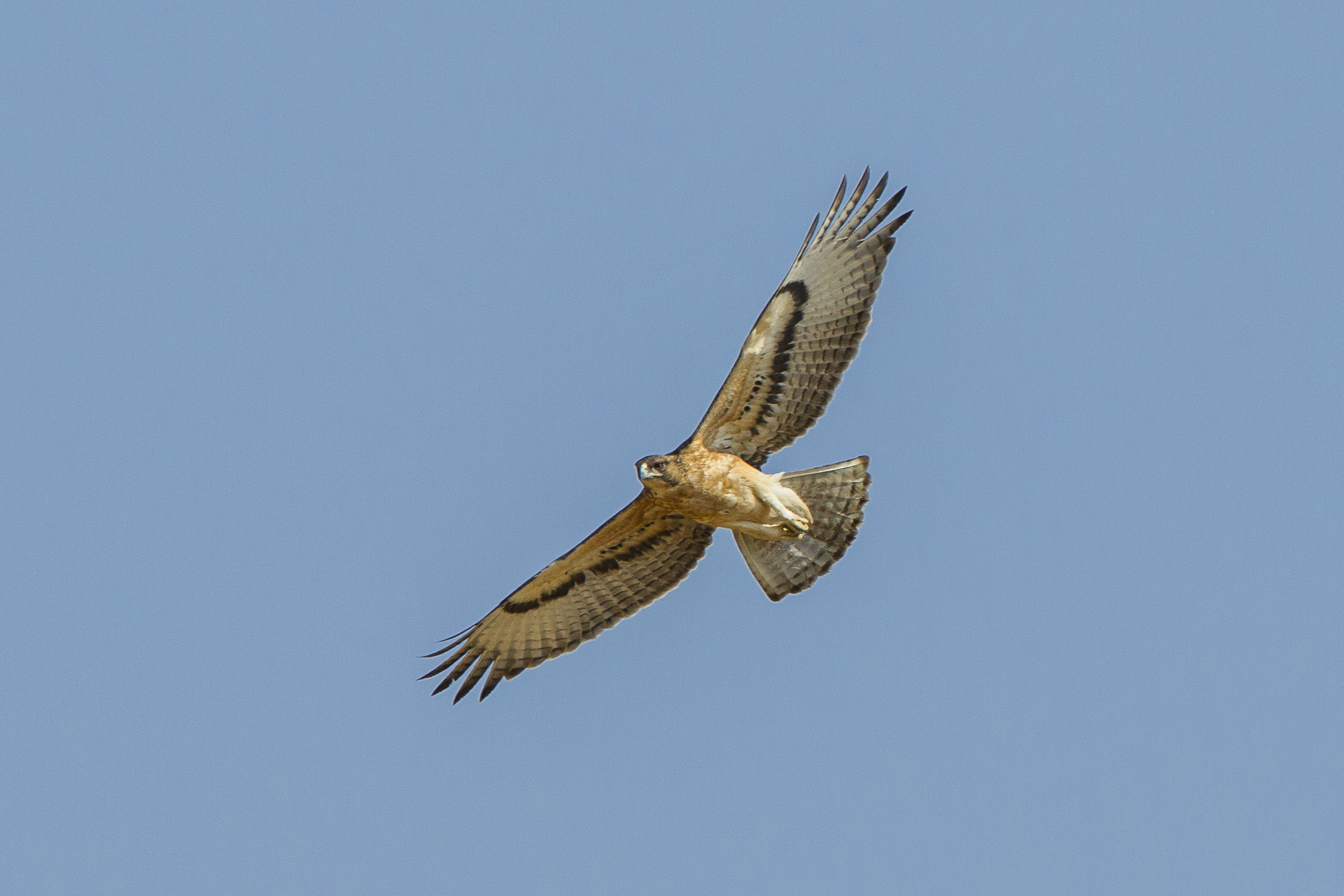
The African Hawk-Eagle is a magnificent bird of prey that plays a vital role in maintaining the delicate balance of the Masai Mara ecosystem. This majestic eagle, with its distinctive white underparts and bold black and brown coloration, is a formidable hunter capable of swooping down on its prey with lightning speed and precision.
Many factors contribute to the crucial role played by the African Hawk-Eagle in the Masai Mara National Park. Firstly, this impressive bird helps to control the population of small mammals, such as rodents and hares, by regulating their numbers through predation. By keeping these populations in check, the African Hawk-Eagle ensures that vegetation is not overgrazed, consequently preserving the habitat for other species.
Tips for Spotting and Photographing the African Hawk-Eagle in Masai Mara

If you’re a bird enthusiast exploring the picturesque beauty of Masai Mara National Park, spotting and photographing the majestic African Hawk-Eagle can be an incredibly rewarding experience. Known for its regal appearance and impressive hunting skills, this bird of prey is a sought-after subject for wildlife photographers visiting the park. Here are some valuable tips to increase your chances of encountering and capturing the essence of the magnificent African Hawk-Eagle in its natural habitat.
- Research and timing: Familiarize yourself with the behavior and preferred habitats of the African Hawk-Eagle. Knowing where and when they are most active will greatly enhance your chances of spotting them. Mornings and late afternoons tend to be the best times for bird photography in Masai Mara, as the soft golden sunlight casts a beautiful glow on the surroundings.
- Keep your eyes peeled: Look for large, solitary birds perched on high trees or scanning the open plains for prey. The African Hawk-Eagle has distinctive features, including a dark brown plumage, a prominent crest, and piercing yellow eyes. Observe their flight patterns and listen for their piercing calls to locate them amidst the vastness of the park.
- Use the right equipment: To capture the African Hawk-Eagle in all its glory, make sure you have a telephoto lens with a long focal length. This will enable you to photograph the bird from a safe distance without causing any disturbance. Additionally, a sturdy tripod and a camouflage cover can further improve the quality of your shots by minimizing camera shake and blending in with the surroundings.
By following these tips and venturing into the captivating wilderness of Masai Mara National Park, you increase your chances of witnessing firsthand the grace and power of the African Hawk-Eagle. Remember, patience and respect for the natural environment are key when photographing wildlife, ensuring a truly immersive and unforgettable experience.
Preserving the African Hawk-Eagle’s Future: Sustainable Tourism in Masai Mara
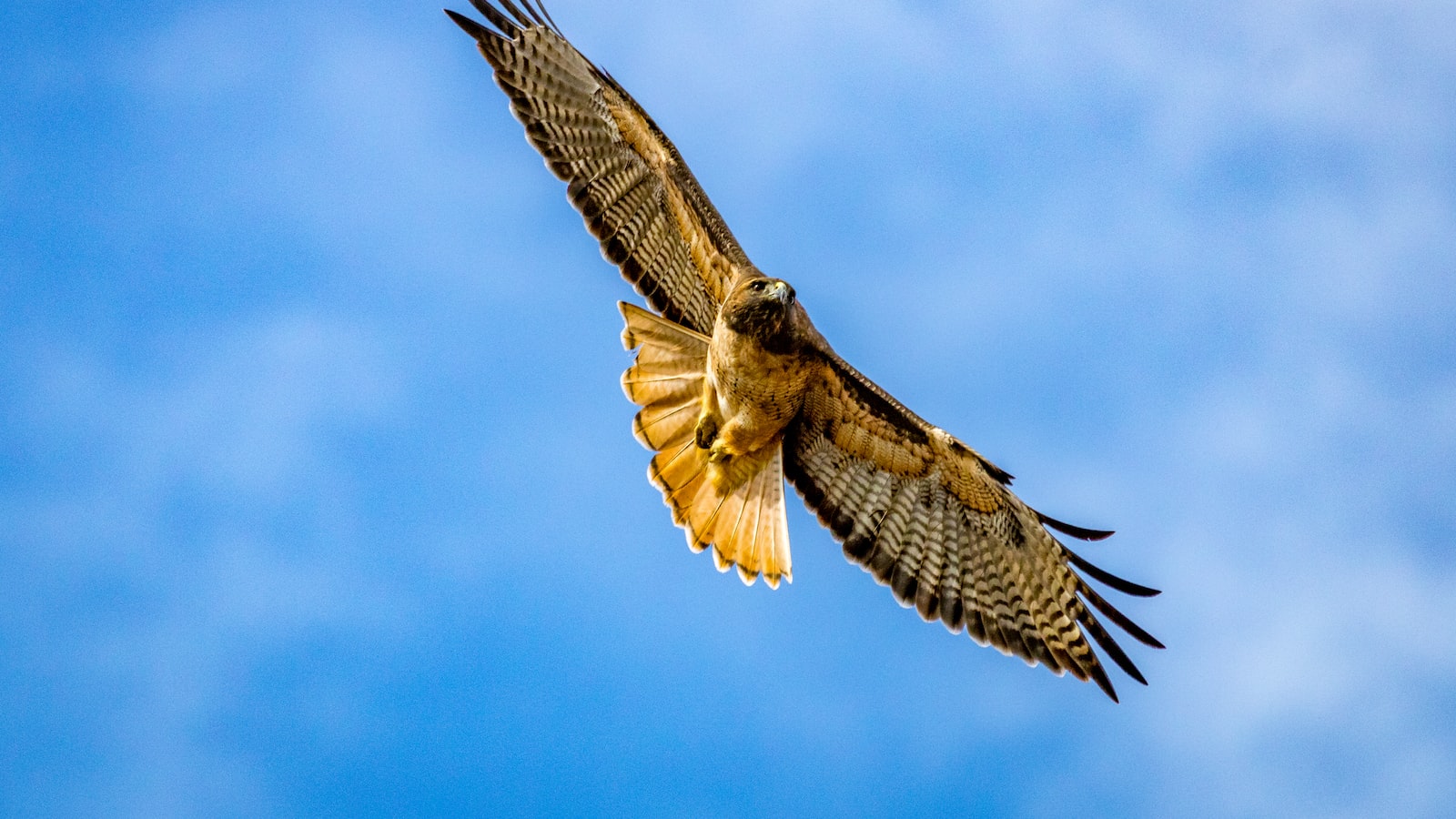
The Masai Mara National Park is not only renowned for its breathtaking landscapes and diverse wildlife, but it is also a critical habitat for the African Hawk-Eagle. As one of Africa’s most iconic bird species, the African Hawk-Eagle faces numerous challenges that threaten its future. However, sustainable tourism practices within the Masai Mara offer hope for the preservation of this majestic raptor.
With its distinct black and white plumage and piercing eyes, the African Hawk-Eagle is a remarkable sight to behold. Unfortunately, habitat destruction, poaching, and human disturbance pose significant threats to these birds and their nesting grounds. Through sustainable tourism initiatives in the Masai Mara, such as responsible wildlife viewing and eco-friendly accommodations, efforts are being made to minimize the negative impact on the African Hawk-Eagle’s habitat.
In addition to preserving habitat, tourism in the Masai Mara plays a crucial role in raising awareness and supporting conservation efforts for the African Hawk-Eagle. Visitors have the opportunity to learn about the significance of this species and the importance of protecting its fragile ecosystem. By participating in guided bird-watching tours and engaging with local organizations focused on bird conservation, tourists contribute directly to the recovery and long-term sustainability of the African Hawk-Eagle population.
Q&A
Q: What makes the African Hawk-Eagle in Masai Mara such a remarkable bird?
A: The African Hawk-Eagle in Masai Mara is truly a sight to behold due to its striking appearance, impressive hunting skills, and unique behavioral traits.
Q: How can the African Hawk-Eagle be recognized?
A: The African Hawk-Eagle can be easily recognized by its majestic appearance, characterized by a sturdy build, broad wingspan, and beautiful plumage. Its body is predominantly dark-brown, while the upper breast and underwings showcase a stunning combination of white and black. Additionally, its piercing yellow eyes add a captivating touch to its overall regal look.
Q: What sets the African Hawk-Eagle apart from other bird species in the Masai Mara?
A: The African Hawk-Eagle stands out from other bird species in the Masai Mara primarily due to its remarkable hunting abilities. With its keen eyesight, it can spot prey from dizzying heights, swooping down with impressive speed and precision to capture its meal. In addition, its unique hunting tactics, such as joint hunting with its partner or attacking from unexpected angles, truly make it one of the most intriguing birds in the region.
Q: What is the African Hawk-Eagle’s preferred habitat in Masai Mara?
A: The African Hawk-Eagle favors habitats with dense woodlands and open savannas, providing a diverse range of hunting opportunities. It is often spotted perched on tall trees or termite mounds, offering it an advantageous vantage point to scan its surroundings for potential prey.
Q: What is the African Hawk-Eagle’s diet composed of?
A: The African Hawk-Eagle is known for its varied and carnivorous diet. It primarily feeds on small mammals, such as squirrels and rodents, but it is also skilled at catching birds, reptiles, and even small monkeys.
Q: Are there any interesting behaviors or rituals associated with the African Hawk-Eagle?
A: Yes, indeed! The African Hawk-Eagle engages in fascinating courtship rituals involving aerial displays and elaborate calls. Mated pairs can be seen soaring together in a synchronized flight pattern, showcasing their bond and strengthening their relationship. Additionally, they are known to engage in an aerial dance, locking talons and free-falling momentarily before releasing each other, reaffirming their commitment.
Q: Is the African Hawk-Eagle a migratory bird, or does it reside in the Masai Mara year-round?
A: The African Hawk-Eagle is generally a resident bird in the Masai Mara. However, some individuals may undertake short-distance migrations seasonally, depending on prey availability and weather conditions.
Q: How important is the conservation of the African Hawk-Eagle population in Masai Mara?
A: The conservation of the African Hawk-Eagle population in Masai Mara is of utmost importance. Preserving their natural habitat and ensuring a sustainable ecosystem is not only crucial for the survival of these magnificent birds but also for maintaining the delicate balance of the region’s biodiversity. Protecting their population ensures future generations of wildlife enthusiasts can continue to witness the awe-inspiring presence of the African Hawk-Eagle in this unique ecosystem.
The African Hawk-Eagle in Masai Mara remains a symbol of nature’s magnificence, captivating both locals and visitors with its majestic presence and outstanding hunting skills. Ensuring its preservation is a responsibility we must all embrace.
Future Outlook
As we soar to the end of this exhilarating journey through the extraordinary world of the African Hawk-Eagle, we have witnessed the fascinating blend of power, grace, and mystery that defines this remarkable species. From the dense lush rainforests to the vast open savannahs, the African Hawk-Eagle has proven itself to be an unrivaled master of its domain, striking fear into the hearts of its prey and capturing the imagination of all who encounter it.
With its regal plumage, adorned with rich shades of brown, black, and white, the African Hawk-Eagle cuts a majestic figure against the backdrop of the African skies. Its piercing eyes, sharp as diamonds, scan the horizon with unparalleled patience, distinguishing itself as an apex predator, unrivaled in its precision and skill.
But beyond its physical prowess, it is intriguing to delve into the unique characteristics and behaviors that elevate the African Hawk-Eagle to an esteemed position in the avian realm. From its solitary nature to its intense dedication to nesting, these splendid creatures showcase a level of devotion rarely seen in the animal kingdom.
As the sun sets on our celebration of the African Hawk-Eagle, let us ponder the role this magnificent raptor plays in maintaining the delicate balance of its ecosystem. Through their predatory success, they uphold the intricate interconnections of the African savannah, ensuring the perpetuation of life’s intricate dance.
We bid farewell, but not goodbye, to this breathtaking creature whose wings carry it through the tapestry of African landscapes. Let us carry the image of the African Hawk-Eagle soaring through the heavens, a testament to the resilience and grandeur of the natural world.




